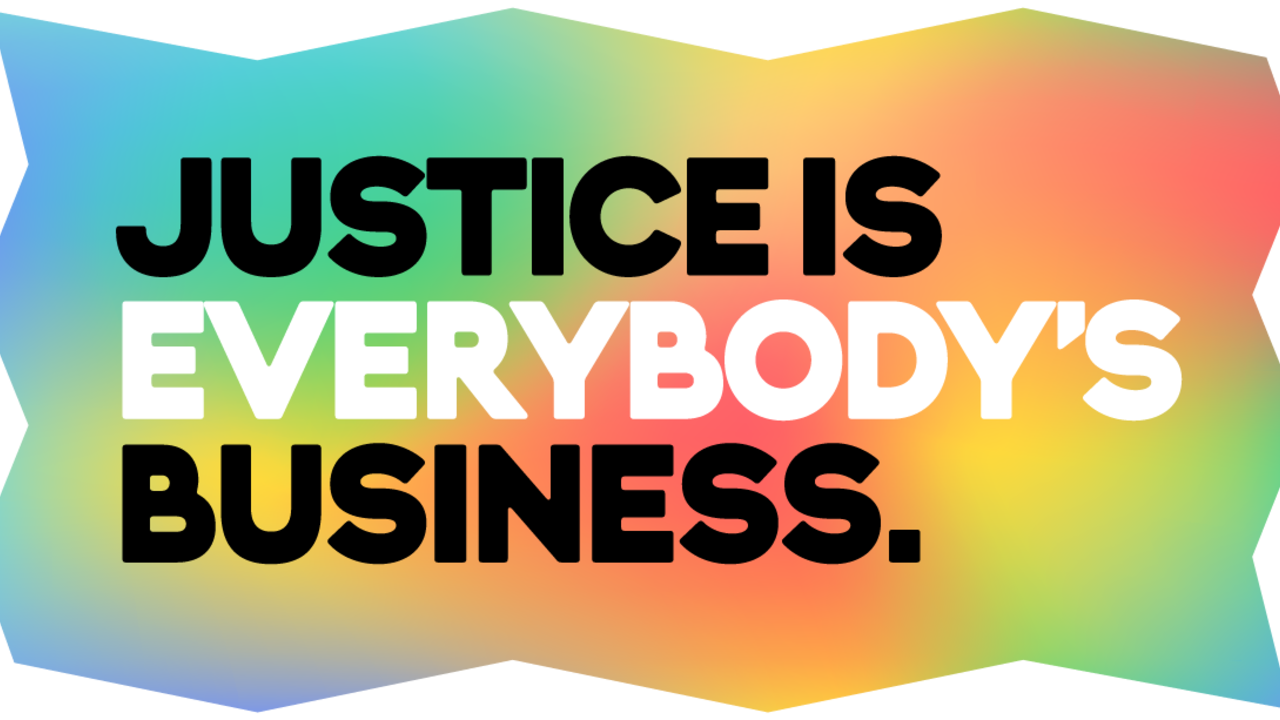Definition
UN Guiding Principles on Business and Human Rights
The UN Guiding Principles on Business and Human Rights aim to promote corporate responsibility for human rights.
Show MoreFirst France, then the Netherlands and Germany – more and more European countries are introducing supply chain laws because they have come to recognize that oil spills, theft of natural resources and forced labor do not arise from nowhere. They are the result of the ruthless practices of companies along their global value chains.
Yet, a patchwork made up of specific national laws is not enough to effectively protect human rights and the environment on a global scale. On the one hand, these laws often do not go far enough. On the other, they create unequal conditions between states – and in some cases cause companies to relocate to countries that lack human rights protections. But now, the EU has the chance to pass a robust law.
With the Justice is Everybody’s Business campaign, ECCHR steps up its advocacy for a legal framework at the EU level that adequately protects human rights, along with the environment and the climate, and empowers those affected when companies violate their rights.
We are calling for:
In today’s globalized world, the operations of supply chains – from the extraction of raw materials to processing, marketing and delivery, as well as the final destinations of products – are obscured, often concealing who is responsible for violations and damages. When damage to people and the environment occurs, both buyer and supplier tend to point the finger at one another. As a result, no one is held liable, and the destruction of the environment and human life continues to go unpunished.
More and more people have become aware of this deplorable state of affairs and are calling for the appropriate laws to be enacted. But some companies are lobbying against stronger regulations – thus ensuring that laws are weakened or not passed at all. To counteract this, we need joint international action.

The UN Guiding Principles on Business and Human Rights aim to promote corporate responsibility for human rights.
Show MoreCorporate criminal law regulates the liability of companies and other legal persons.
Show MoreThe UN Guiding Principles on Business and Human Rights aim to promote corporate responsibility for human rights.
Show MoreEconomic activities in the Global South far too often disregard the plight of people and the environment. Looking at resource exploitation, we see that the responsibility for endangering human rights and the environment lies with those who profit most from these industries in the global economy. We work with those affected by such human rights violations to enforce their rights.
Show MoreInspections, certifications, safety audits: what sounds helpful is often a sham. So-called safety and working condition audits are of little use to workers in global production and supply chains or residents of (agro)industrial areas. Instead of state inspections, for which there is rarely sufficient money or political will, private companies monitor labor, health and environmental standards.
Show MorePayment below the living wage, excessive overtime hours, workplace abuse and discrimination, frequent workplace accidents and fire disasters: this is the sad reality faced by millions of workers in South and East Asia. ECCHR fights against through several legal interventions.
Show MoreBoth in economic and legal terms, transnational corporations are the winners of the globalized economy. They are often caught up in a borad range of human rights violations, but the people running the firms are only rarely called before the courts, and even more rarely convicted for their wrongdoing.
Show MoreEconomic activities in the Global South far too often disregard the plight of people and the environment. Looking at resource exploitation, we see that the responsibility for endangering human rights and the environment lies with those who profit most from these industries in the global economy. We work with those affected by such human rights violations to enforce their rights.
Show More